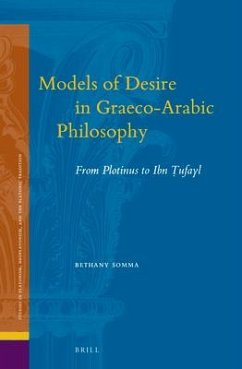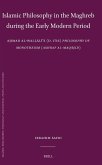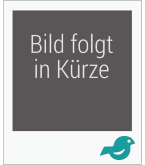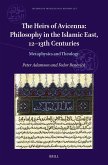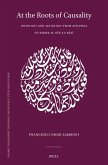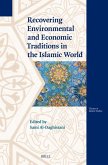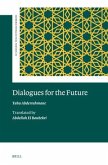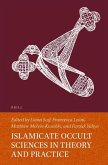This study argues that late ancient Greek and medieval Islamic philosophers interpret human desire along two frameworks in reaction to Aristotle's philosophy. The investigation of the model dichotomy unfolds historically from the philosophy of Plotinus through the Graeco-Arabic translation movement in 8th-10th century Baghdad to 12th century al-Andalus with the philosophy of Ibn Bāǧǧa and Ibn Ṭufayl. Diverging on desire's inherent or non-inherent relation to the desiring subject, the two models reveal that the desire's role can orient opposed accounts of human perfection: logically-structured demonstrative knowledge versus an ineffable witnessing of the truth. Understanding desire along these models, philosophers incorporated supra-rational aspects into philosophical accounts of the human being.
Bitte wählen Sie Ihr Anliegen aus.
Rechnungen
Retourenschein anfordern
Bestellstatus
Storno

